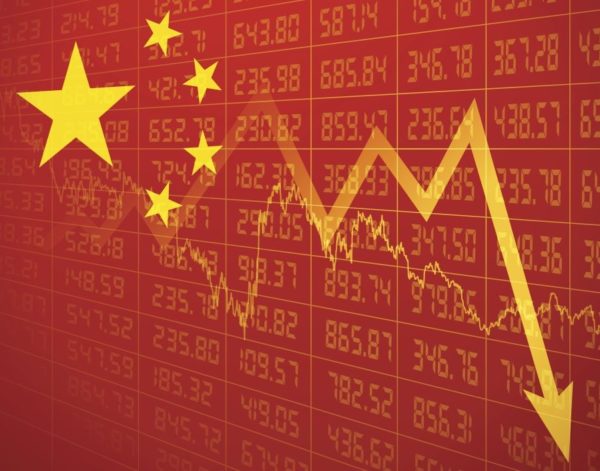Dubai – Masaader News
Financial Times published a report about the economic impact of the Coronavirus on countries around the world, and its indirect relationship with politics.
Where politicians failed to decouple the Middle Kingdom from the west, mother nature is succeeding. The introduction of tariffs by US president Donald Trump attempted to renationalise supply chains and encourage businesses to bring jobs and factories back to the west. Apart from a few companies moving to other Asian economies, such as Vietnam and Thailand, to avoid the duties, trading patterns have remained largely in place, although US-China volumes declined slightly.
Now the extended lunar new year holiday in what is, on some measures, the world’s largest economy could start to shut down western factories that depend on Chinese components. Efforts by Beijing to contain the virus include restricting non-essential trips outside in Wuhan, the city where the outbreak originated, and closing factories in nearby provinces.
This has disrupted production on the other side of the planet. Jaguar Land Rover, the British carmaker, is flying components out of China in suitcases. JCB, the digger manufacturer, has cut production and working hours at its UK factories. Fiat Chrysler warned this month that one of its European plants was just weeks away from having to shut down. Western companies that produce in China, such as Apple, have also warned investors about the potential effect on revenues.
So far the impact on western economies appears to be limited, although purchasing managers’ indices published on Friday flatter to deceive. While figures for the Japanese and Australian economies pointed to a sharp slowdown, the data for Europe has been better. That is partly because the indices treat lengthening delivery times for parts as a sign of healthy demand rather than of disruption, helping to boost the indicator.
This explains about half of the recovery in the industrial powerhouse of Germany, with the rest due to an improvement in domestic orders. Export orders, however, fell at the fastest rate for three months, potentially reflecting the impact of the virus.
Similarly, many factories have so far been able to run down inventories of components rather than cease production altogether. If the lockdown in China continues, these stockpiles will eventually run dry. China’s ambassador to Moscow said Beijing will “liquidate” the virus by April. That will be too late for many businesses.
The disruption may accelerate attempts by companies to diversify away from China. Yet there is no economy that can easily replace it: Vietnam is too small, embedded in Chinese supply chains, and has closed off a part of one province after a cluster of infections there.
Some officials appear to want to use the virus to encourage deglobalisation. Peter Navarro, a sceptic of international trade who works for the White House, has warned US medical supplies may be disrupted by China’s shutdowns. He has urged drugs companies to “buy American” and reduce their reliance on imports even from allies.
If the virus continues to spread at the same rate, supply chains will inevitably break apart and factories will start to close. The best hope for the global economy is that the rate of infections starts to drop, and fast.







